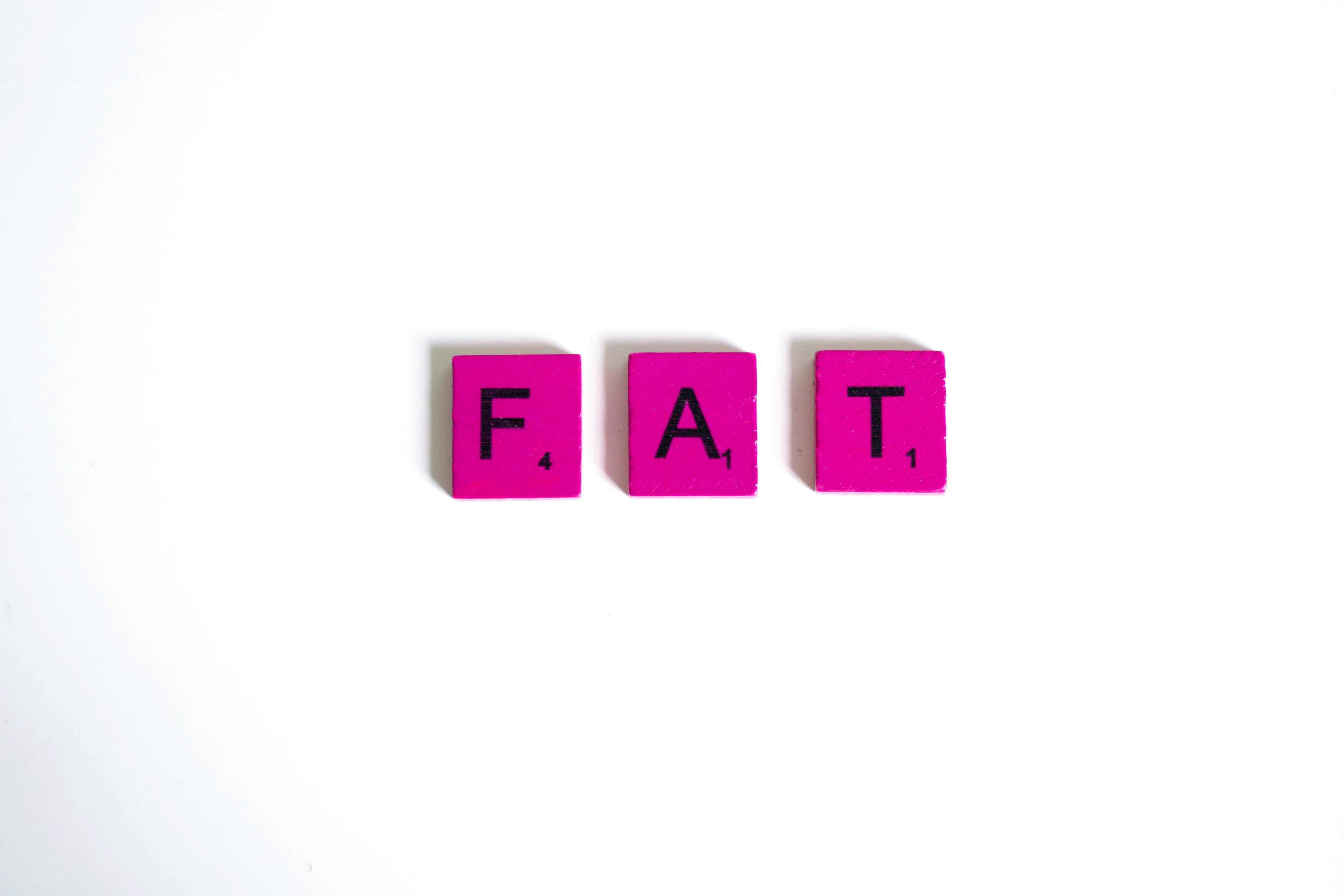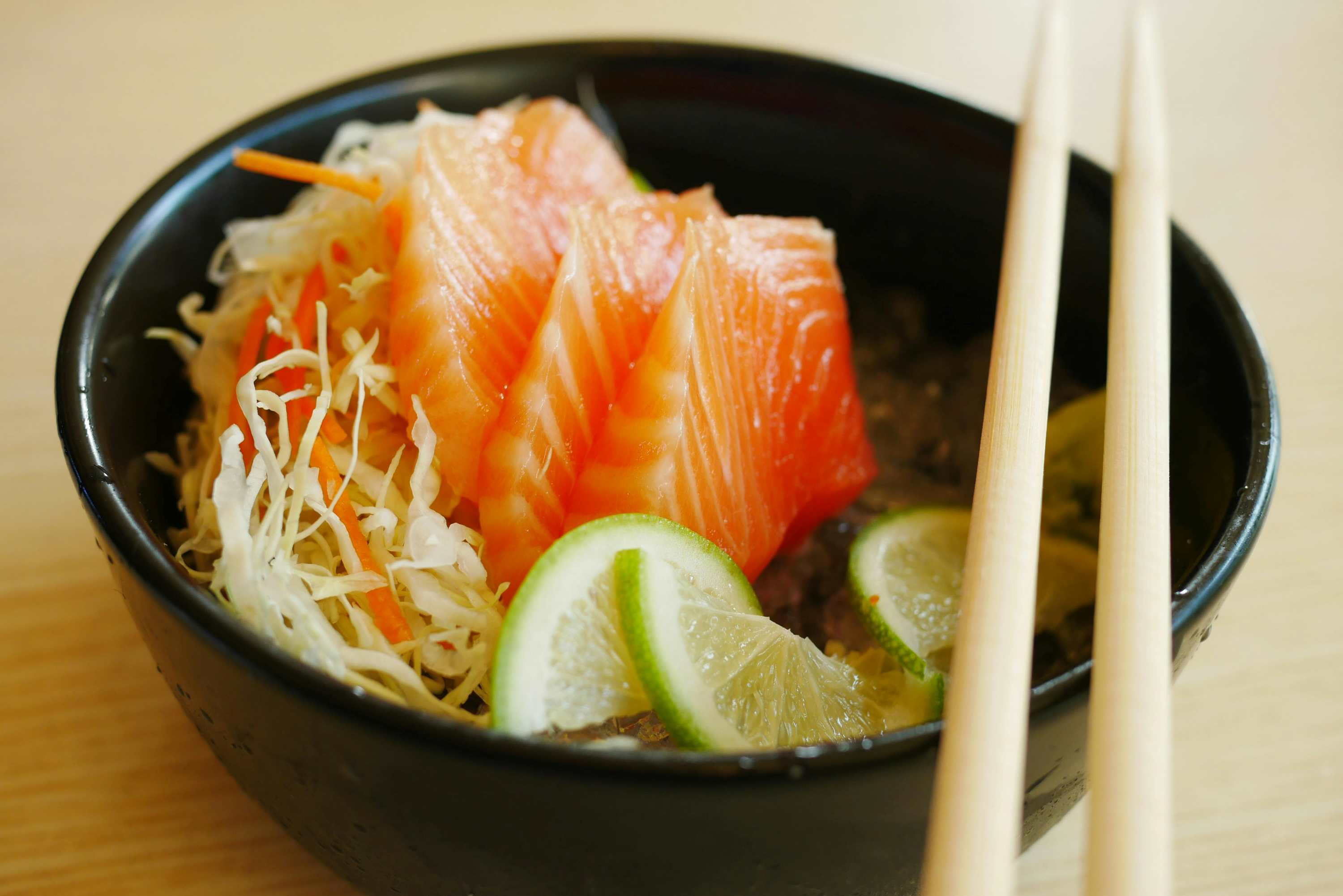
Are you trying to gain muscle but unsure about how much fat is necessary for the process? Look no further! In this article, we’ll explore fat’s role in maximizing muscle growth. Whether you are a fitness enthusiast or a professional bodybuilder, understanding the role of fat in muscle building is essential. Fat supports muscle growth and physical performance. By finding the right balance between fat and muscle, you can maximize your gains and achieve your desired physique. So, let’s explore the science behind fat and muscle gain and unravel the myths surrounding this topic. Get ready to discover the truth and optimize your muscle-building journey!
Understanding the Role of Fat in Muscle Gain
When building muscle, many only focus on protein, ignoring dietary fat.. However, fat is not the enemy when it comes to muscle gain. In fact, it serves several vital functions in the body that directly contribute to muscle growth. Firstly, fat is an essential energy source that provides fuel for intense workouts and supports overall physical performance. Secondly, dietary fat helps regulate hormone production, including testosterone, which is critical for muscle development. Fat helps absorb fat-soluble vitamins like vitamin D, important for bone and muscle health. Lastly, fat provides insulation and protection for organs, joints, and tissues, ensuring optimal physiological functioning during intense training sessions. Therefore, understanding the role of fat in muscle gain is crucial for achieving optimal results.
The Importance of a Balanced Diet for Muscle Growth
To effectively build muscle, it is essential to follow a well-rounded and balanced diet. This means that all macronutrients, including fat, protein, and carbohydrates, should be consumed in the right proportions. While protein is commonly associated with muscle growth due to its role in repairing and building muscle tissues, fat should not be overlooked. A balanced diet that includes an adequate amount of fat is necessary to maximize muscle gains. Fat helps slow down the digestion of food, allowing for a steady release of energy and a prolonged feeling of fullness. This is particularly beneficial for individuals aiming to increase their caloric intake to support muscle growth. Additionally, dietary fat enhances the taste and palatability of meals, making it easier to adhere to a muscle-building diet in the long run. Thus, a balanced diet that incorporates the right amount of fat is crucial for optimizing muscle growth.
Calculating Your Caloric Needs for Muscle Gain
To determine how much fat you need for muscle gain, it is essential to calculate your caloric needs accurately. The number of calories you consume should be slightly higher than your total daily energy expenditure (TDEE) to support growth. To find your TDEE, use an online calculator considering age, gender, weight, height, and activity level. Once you have determined your TDEE, you can adjust your caloric intake accordingly. The recommendation is to consume around 250-500 calories above the TDEE to facilitate muscle growth. However, the specific amount of fat you should consume within your increased caloric intake depends on various factors, including individual goals, body composition, and metabolic rate. Therefore, it is crucial to personalize your diet plan based on your specific needs and consult with a nutritionist if necessary.
The Recommended Fat Intake for Muscle Gain
Ideal fat intake for muscle gain varies based on individual; general guidelines exist. It is recommended that fat should make up around 20-30% of your total caloric intake for muscle growth. This range supports muscle development by supplying essential fatty acids and aiding hormone production. If you consume 3000 calories daily for muscle gain, aim for 60-100 grams of fat. However, it is important to note that not all fats are created equal, and the quality of fat also matters. Therefore, it is essential to focus on incorporating healthy fats into your muscle-building diet.
The Different Types of Dietary Fats and Their Effects on Muscle Growth

When it comes to dietary fat, it is important to differentiate between healthy fats and unhealthy fats. Healthy fats, such as monounsaturated fats and polyunsaturated fats, have positive effects on muscle growth and overall health. These fats are found in foods such as avocados, nuts, seeds, and fatty fish like salmon. On the other hand, unhealthy fats, such as trans fats and saturated fats, should be limited in a muscle-building diet. These fats, often found in processed and fried foods, have been linked to various health issues and may hinder muscle growth. By focusing on consuming healthy fats while minimizing unhealthy fats, you can optimize your muscle-building journey and support overall well-being.
Incorporating Healthy Fats into Your Muscle-Building Diet
To get enough healthy fats for muscle gain, eat foods high in monounsaturated and polyunsaturated fats. Avocados are an excellent source of monounsaturated fats and you can use them in salads, sandwiches, or consumed on their own. Nuts and seeds are high in healthy fats and used with snacks or added to smoothies and yogurt. Fatty fish such as salmon, mackerel, and sardines offer omega-3 fats that reduce inflammation and support muscle function. Additionally, cooking with oils such as olive oil or coconut oil can provide a source of healthy fats. By adding these foods to your diet, you can get healthy fats for muscle growth.
Avoiding Excessive Fat Intake and Its Impact on Muscle Gain
While fat is an essential macronutrient for muscle gain, it is important to maintain a balance and avoid excessive fat intake. Consuming too much fat can lead to a surplus of calories, which may result in unwanted weight gain, including both muscle and fat. Therefore, it is crucial to monitor your overall caloric intake and ensure that your fat intake falls within the recommended range. Additionally, excessive intake of unhealthy fats, such as trans fats and saturated fats, can have negative effects on health and hinder muscle growth. It is important to make informed food choices and prioritize the consumption of healthy fats to support your muscle-building goals.
Balancing Fat Intake with Other Macronutrients for Optimal Muscle Growth
While fat plays a crucial role in muscle gain, it is important to balance your fat intake with other macronutrients, such as protein and carbohydrates, for optimal results. Protein is essential for muscle repair and growth, and it should make up a significant portion of your calorie intake. Aim to consume around 1.2-2 grams of protein per kilogram of body weight to support muscle development. Carbohydrates, on the other hand, provide the energy needed for intense workouts and should make up the remaining portion of your calorie intake. By balancing your macronutrient intake and ensuring an adequate supply of protein, carbohydrates, and fat, you can optimize muscle growth and achieve your desired physique.
Tracking Fat Intake and Adjusting Your Diet for Muscle Gain
To ensure that you are consuming the right amount of fat for muscle gain, it is beneficial to track your dietary intake. There are various mobile apps and online tools available that allow you to log your meals and track macronutrient intake. By monitoring your fat intake, you can make adjustments to your diet as needed to maintain the appropriate balance between fat and muscle gain. If you find that your fat intake is either too high or too low, you can make necessary adjustments by incorporating or reducing fat-rich foods accordingly. Tracking your fat intake not only helps you stay accountable but also allows you to fine-tune your diet for optimal muscle growth.
Conclusion: Finding the Right Balance of Fat for Muscle Gain
In conclusion, fat plays a crucial role in muscle gain and should not be overlooked in your muscle-building journey. By understanding the role of fat in muscle growth and following a balanced diet that incorporates healthy fats, you can optimize your gains and achieve your desired physique. Remember to calculate your caloric needs accurately, monitor your fat intake, and balance it with other macronutrients for optimal results. Incorporate foods rich in monounsaturated and polyunsaturated fats into your diet, while minimizing the consumption of unhealthy fats. By finding the right balance of fat for muscle gain, you can take your muscle-building journey to the next level and achieve the results you desire. So, embrace the power of fat and unlock your full muscle-building potential!
I do not even know how I ended up here, but I thought this post was great. I do not know who you are but certainly you’re going to a famous blogger if you are not already 😉 Cheers!
Comments are closed.